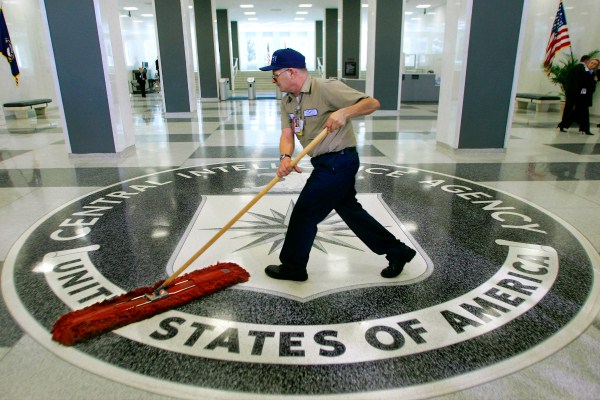As the new year opens, and the dust has begun to settle from the release of a report last month by the Senate Select Committee on Intelligence on the CIA’s use of torture in the war on terror, it is time to ask what changes, if any, the report’s revelations will bring about for the agency in the coming years. Quite a few are necessary, but whether they will implemented is, of course, uncertain.
To begin with perhaps the most concrete potential outcome, the report opens the way for an overhaul of how U.S. drone strikes are conducted in the several theaters where anti-terror campaigns are underway. The Department of Defense—specifically, the Office of the Director of National Intelligence (ODNI), the Defense Intelligence Agency and the Air Force—has long been campaigning to wrest control of drone operations from CIA personnel in the Middle East and in Africa. The torture report may create the opening for accomplishing that goal.
More broadly, the CIA may be so preoccupied with the repercussions from the report, particularly in the Middle East but also in Europe, that it may have to reduce its presence there, and thus its involvement in the war on terror. Although CIA Director John Brennan appears to continue to enjoy strong White House support, he will surely have to account for what took place in the “secret prisons”—if not further to the U.S. Congress, then to Poland, Romania and Thailand, where the hostile interrogations apparently took place.

